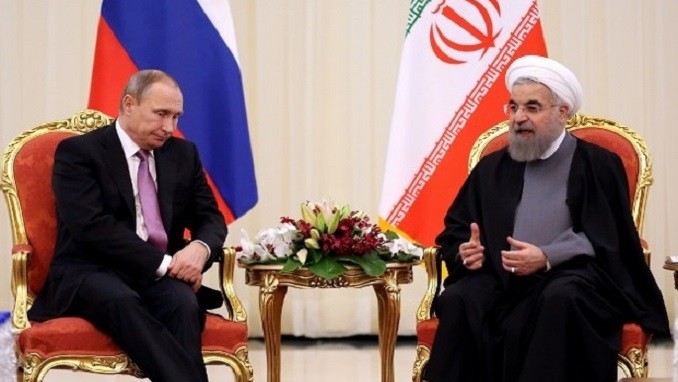Russia will have an increasingly difficult job to maintain the balance of power between its partners in the Middle East, but has no intention of losing its hard-won reputation as the key power-broker in the region, analysts told Forbes.
If the U.S.-Iran conflict escalates, one of the most far-reaching effects could be a shutdown of oil tanker traffic via the Strait of Hormuz by Iran. Though unlikely—given the severity of the consequences—such a move would push international oil markets into considerable turmoil, and Russia could become a crucial market stabilizer deriving significant financial, strategic, and diplomatic benefits, writes Anna Mikulska, a nonresident fellow in energy studies for the Center for Energy Studies at Rice University’s Baker Institute.
If protracted, the crisis and high oil prices would have a dumping effect on global energy consumption and could result in a global economic slowdown. However, at least in the short term, big oil producers like Russia could benefit from high prices, the expert writes.
“One of the reasons why OPEC has had such a great influence on the world’s crude market is its ability to increase (or decrease) production at any given time to dampen potential swings in oil prices. This ability hinges mostly on OPEC’s most powerful member (and not only in terms of crude supply or spare capacity)—Saudi Arabia, which disposes of OPEC’s bulk (and the world’s largest) crude spare capacity, approximately 1.5-2 million barrels per day,” the expert writes.
With a blockade or severe limitation in traffic in the Strait of Hormuz, Saudi Arabia’s ability to release its spare capacity to the market would be greatly impeded, if not disabled altogether, Mikulska says.
“Not only does Russia produce the “right” quality of crude (a substitute for the crude potentially locked in by the Strait of Hormuz), but according to a Russian government statement, it holds spare capacity of 500,000 barrels per day,” Mikulska writes.
The country cut its oil production due to an agreement with OPEC to prevent oil prices from falling too low in a high-supply environment. With oil prices rising and OPEC generally unable to provide relief, Russia and its oil companies (generally not happy with the production cuts) would surely jump at the opportunity to make the extra buck, Mikulska writes.












